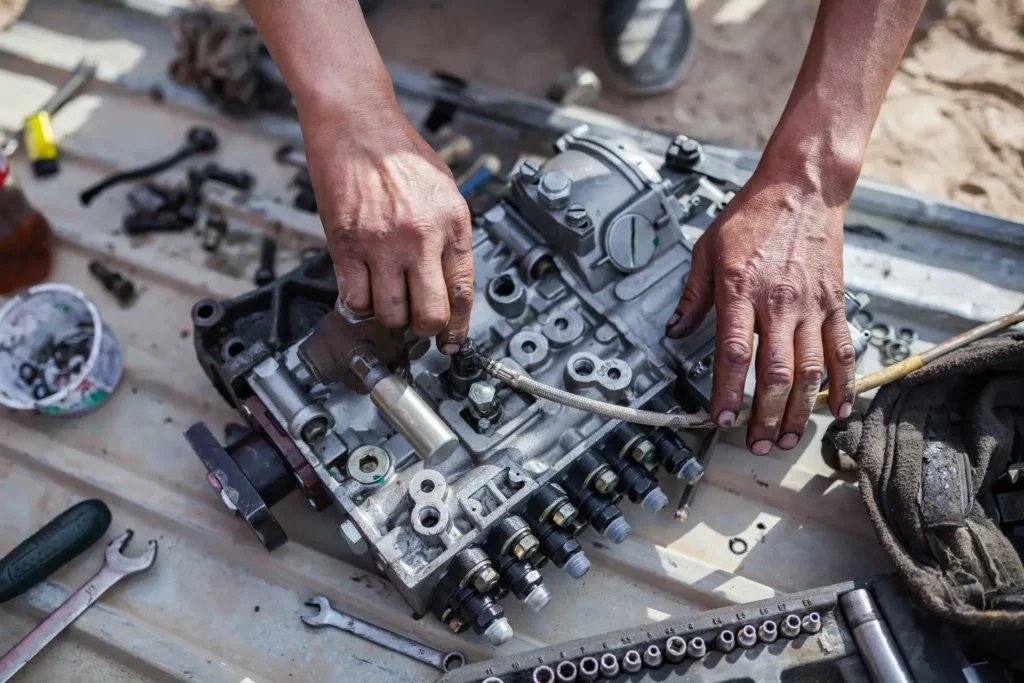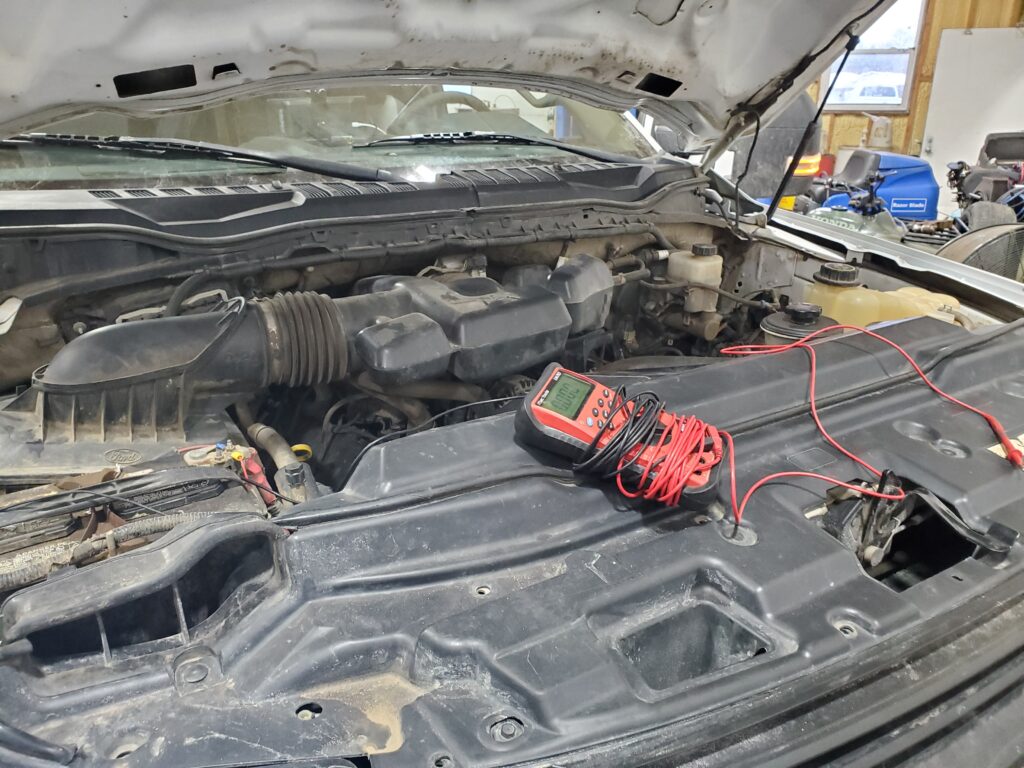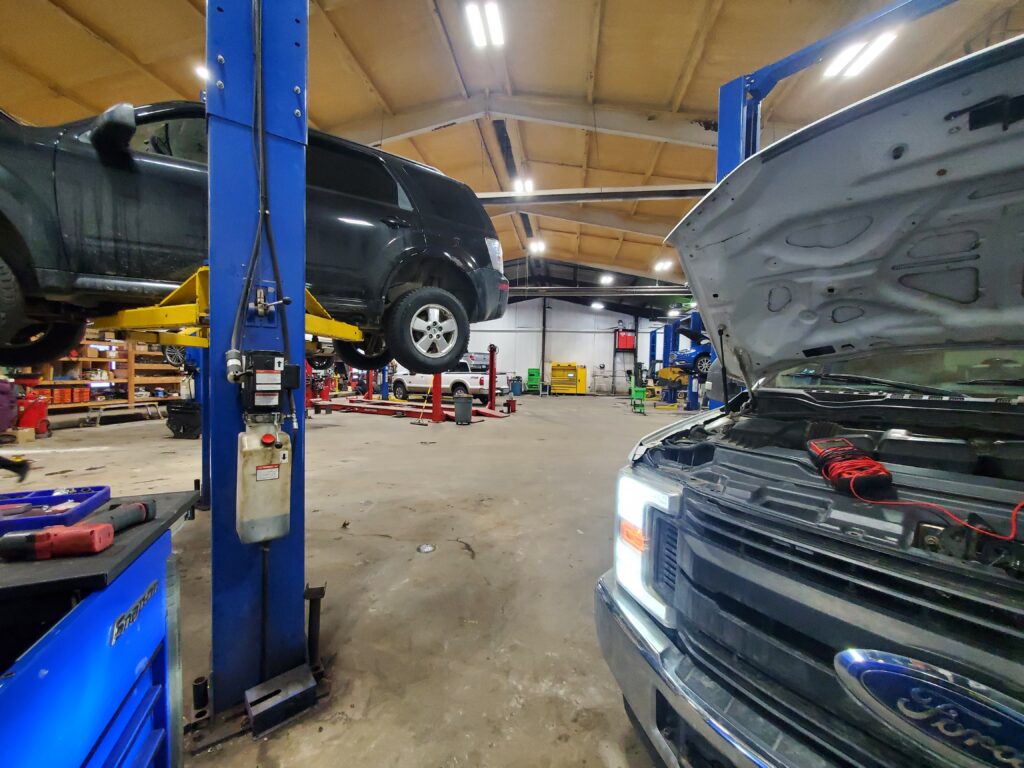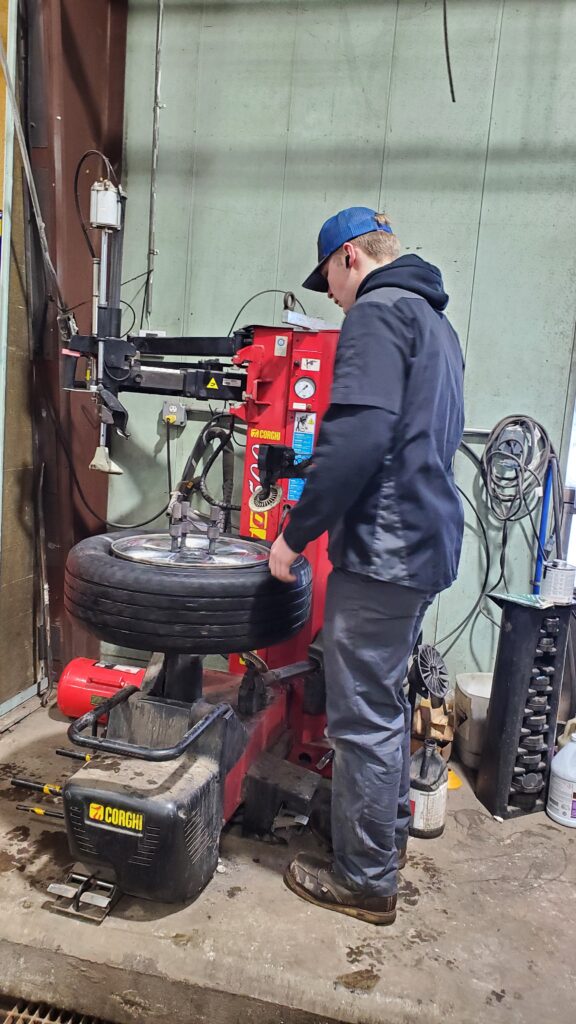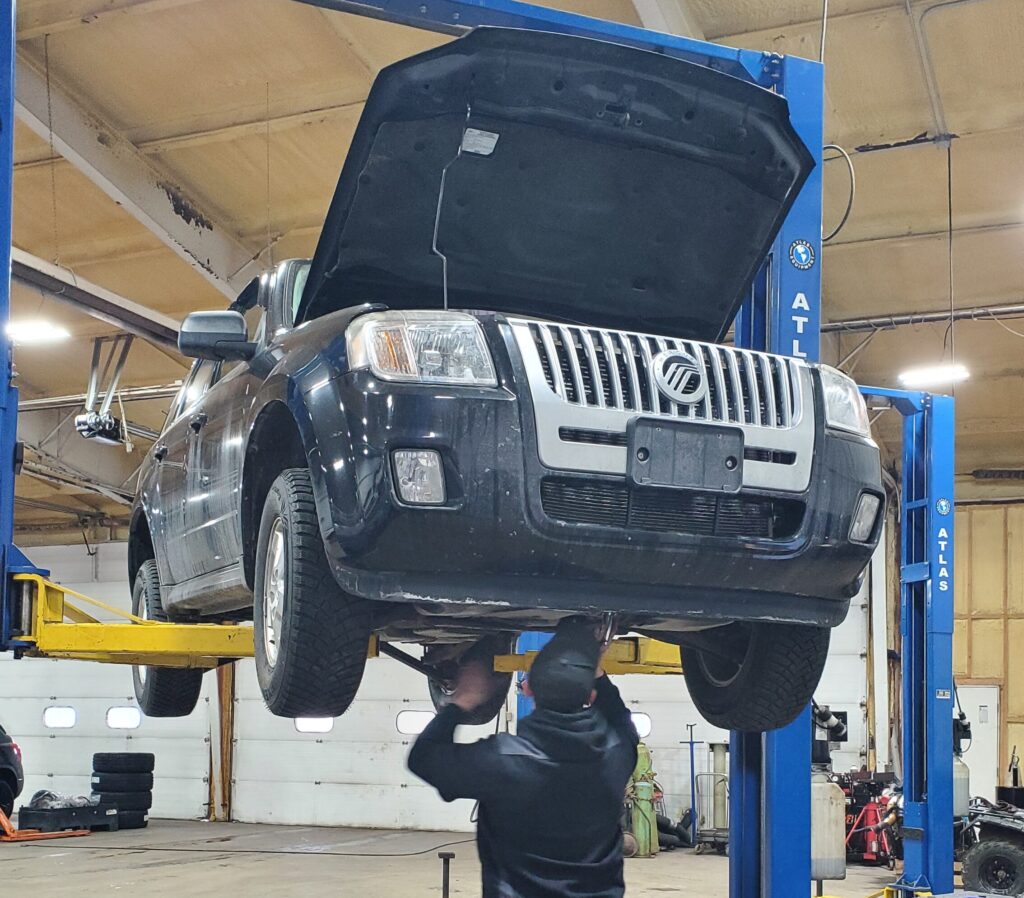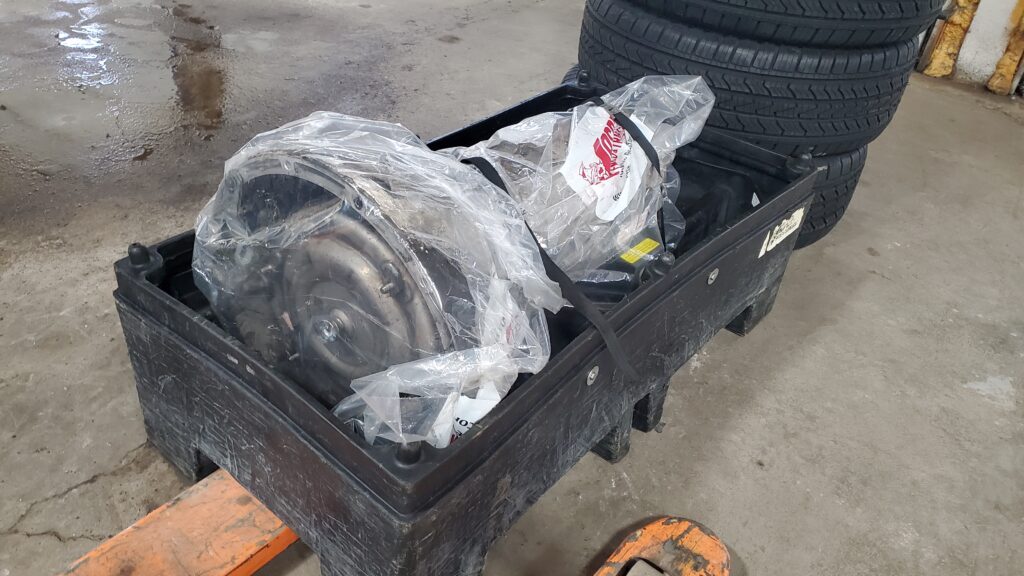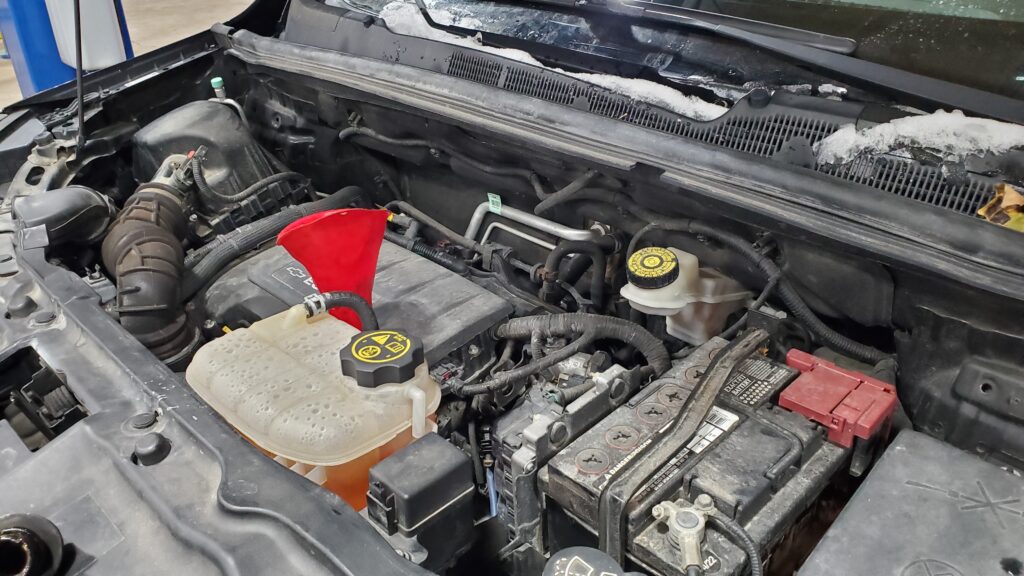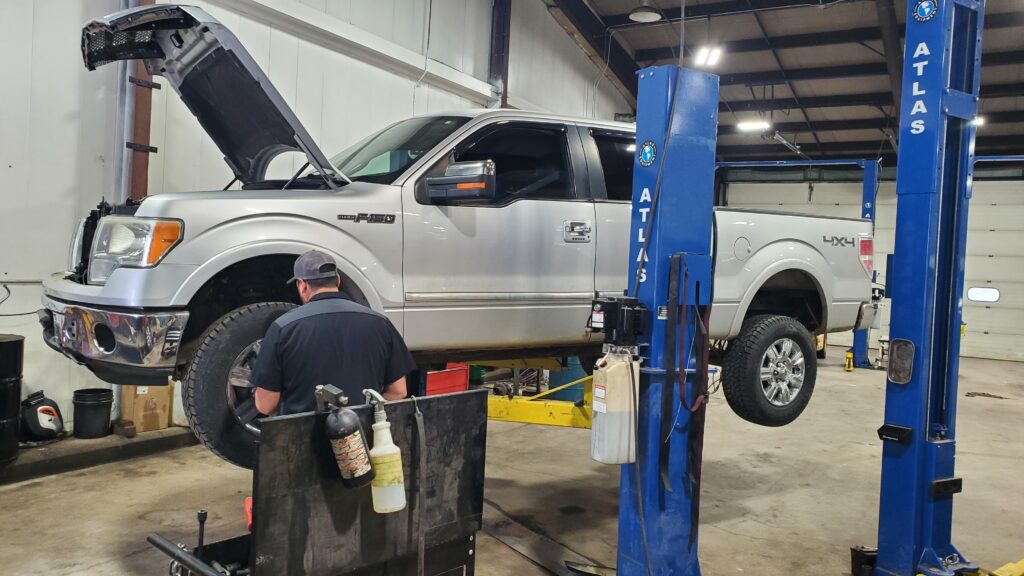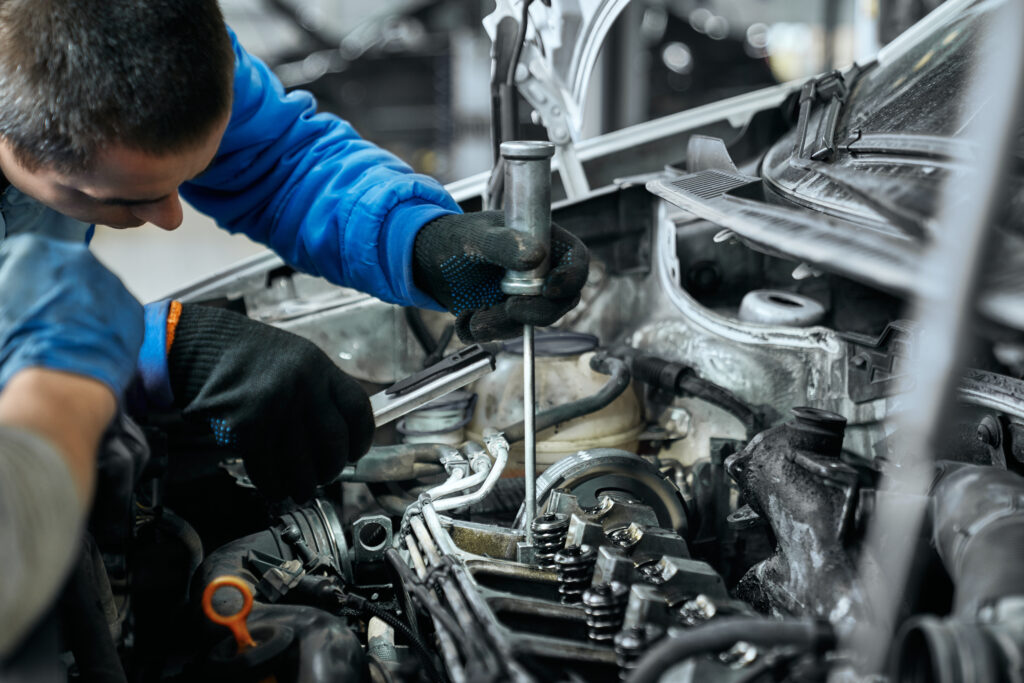How Can You Tell if Your Fuel Pump Is Going Bad in Your Diesel?
Your diesel engine relies on the fuel pump to send the right amount of fuel from the tank to the engine to keep it running. If your fuel pump goes bad, there are some symptoms you might notice along the way and MDP Diesel & Auto has a list for you. The Engine Won’t Start Without fuel, no engine is going to be able to get started, even a diesel. And if the fuel pump is going bad, that means it’s having a tough time getting fuel out of the tank and through the fuel lines to the engine. You might find that when you first start having trouble the engine is just hard to start. As the problem gets worse, so do your issues starting the vehicle. There’s a Lot of Sputtering Sputtering can happen because of all sorts of fuel system issues. In the case of your fuel pump, you’re more likely to experience sputtering as you drive faster. That’s because the fuel pump starts to have trouble keeping up with the amount of fuel the engine needs in order to keep running. The Engine Is Overheating Your diesel engine can overheat for a variety of reasons, and just one involves the fuel pump having trouble. When everything is running the way that it’s designed to run, overheating issues don’t happen, of course. Any time you’re seeing the temperature climbing in the engine, you need to investigate. Fuel Pressure Is Too Low Fuel pressure is a measurement that most drivers don’t think much about. And it might be a gauge you don’t notice much on your dashboard, either. But when the fuel pump starts to fail, that causes fuel pressure to drop. Again, that means that the engine isn’t getting the fuel that it needs in order to run properly. Fuel Mileage Is Terrible Fuel mileage is such an important thing to track, and too many drivers don’t keep up with it. If you’re noticing that your diesel’s fuel mileage is off, there’s a reason. Just one of those reasons can be that the fuel pump is starting to go bad. If you’re noticing that anything with your diesel seems to be off or not functioning properly, contact us today at MDP Diesel & Auto in Jackson, MI. We’ll be happy to thoroughly diagnose whatever issues you’re having and get you the right answer as quickly as possible. The post “How Can You Tell if Your Fuel Pump Is Going Bad in Your Diesel?” appeared first on MDP Diesel.

